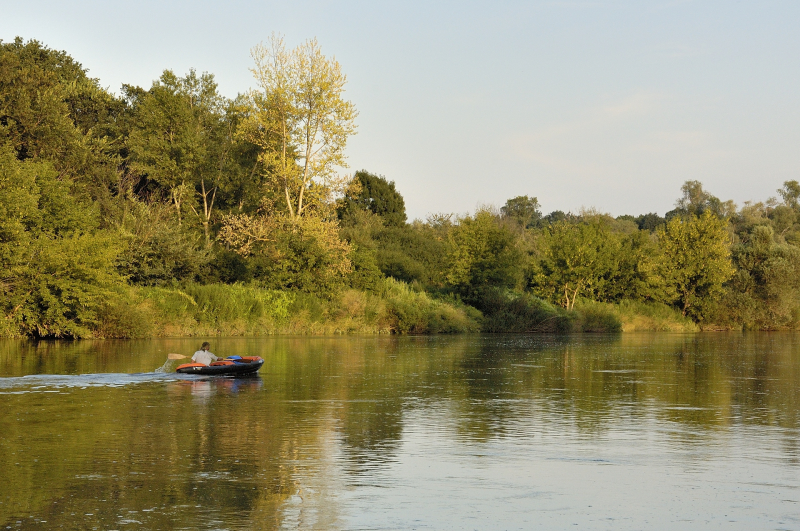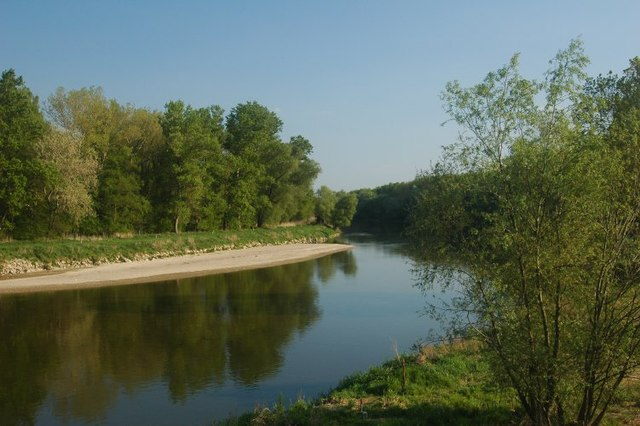Morava River

Morava River, German March, tributary of the Danube that rises in eastern Czech Republic and divides the Czech Republic from Slovakia and then Slovakia from Austria in its lower course. It is named after Moravia, a historic region that encompasses the majority of the river's drainage basin, which spans 15,000 square miles (38,900 square kilometers). Its western tributaries originate in the Bohemian-Moravian Highlands, while its eastern tributaries, of which the Beva is the most important, originate in the Carpathians' westernmost ranges.
The Morava River starts on the southern slope of Králick Snnk in the Nzk and Hrub Jesenk mountains, then flows south for 227 miles before joining the Danube River right above Bratislava, Slovakia. Historically, the river valley has served as one of Europe's natural passageways. The Moravian Gate, a low crossing in the north between the Beva and Oder rivers, connects the Danube countries with the Silesian Plain and Poland's Central Plain.
The river has been supplying the fields in the area for over 30,000 years. The black water is one feature that distinguishes the Morava River from others. It is Europe's only river with black water. The river has a very constant water flow, and the riverbed is relatively shallow.
Length: 365km











